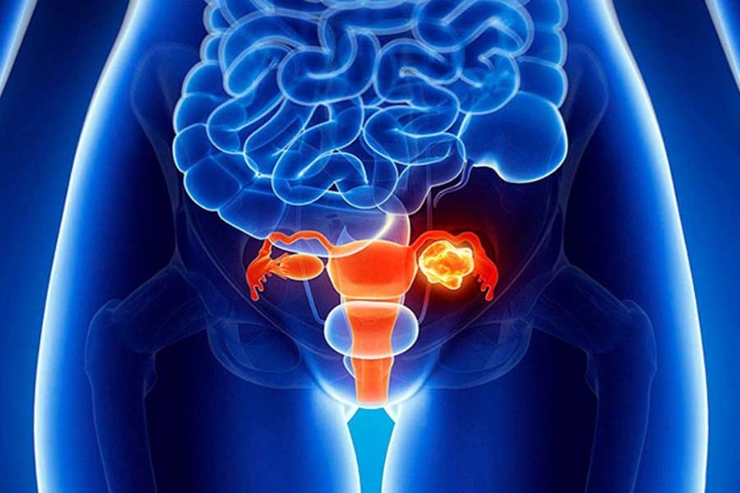Urology Department
At Apex Citi Hospital, our Urology Department offers comprehensive care for disorders of the urinary tract and male reproductive system. Led by Dr. Siddharta Saxena, our team combines advanced technology, minimally invasive techniques, and personalised care to deliver precise diagnosis, effective treatment, and optimal recovery.
Our Services Include:
- Stone Management: Kidney, ureter, and bladder stone treatment including PCNL, URS, and lithotripsy
- Prostate Care: Management of BPH, prostate enlargement, and prostate cancer screening and treatment
- Urinary Tract Infections (UTIs): Diagnosis, treatment, and prevention strategies
- Bladder and Kidney Disorders: Cystoscopy, management of tumours, incontinence, and structural abnormalities
- Male Infertility: Evaluation and treatment including hormonal and surgical interventions
- Minimally Invasive & Endoscopic Surgeries: Laparoscopic procedures, ureteroscopy, and endourological surgeries
- Uro-Oncology: Diagnosis and treatment of kidney, bladder, prostate, and testicular cancers
- Reconstructive Urology: Repair of urethral strictures, trauma, and congenital anomalies
- Andrology Services: Erectile dysfunction, varicocele management, and male reproductive health
- Postoperative Care & Rehabilitation: Personalised recovery plans for optimal outcomes
At Apex Citi Hospital, our Urology Department combines expertise, cutting-edge technology, and compassionate care, making it a trusted destination for comprehensive urological health for patients of all ages.
